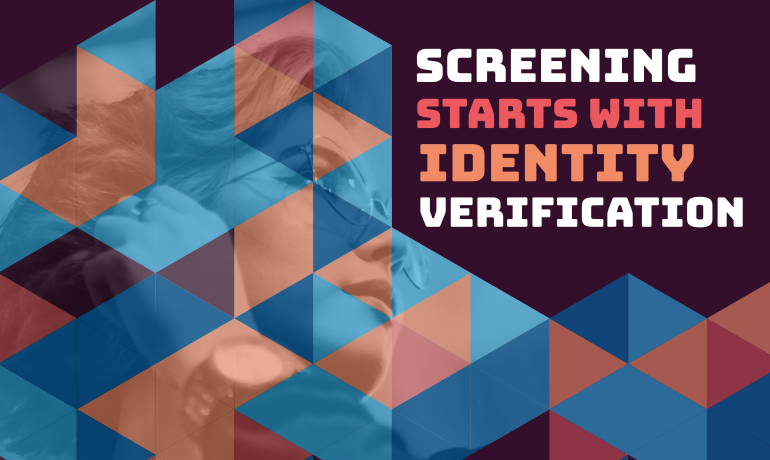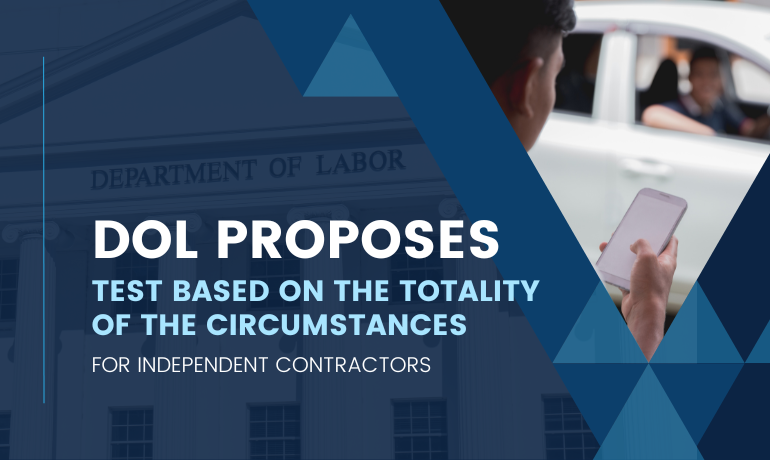More so than any other time, identity verification will be paramount to protect your business, clients and employees. With a majority of the U.S. workforce working remotely and that figure continuing to grow annually, remote work will expose brands to new vectors of potential security risks. So who will this fall on? The bulk of Generation Z will be the beta group to see how this brave new world affects labor markets.
Not only is there a problem, but it can be compounded when you circumvent safeguards designed to get people hired and on-boarded as quickly as possible.
A good percentage of organizations are replacing full-time employees with remote workers as a cost-saving approach. There are benefits galore to being able to hire the exact right candidate from anywhere. It streamlines the onboarding process and you can tap into a more diverse applicant group, but be mindful that this attitude does not come back with a reckoning.
The identity verification problem will exacerbate itself as societal expectations force employers to visualize what the new workspace will look like. Positions that require an additional level of trust or certification, particularly relevant to the transportation industry, where an employer must deal with motor vehicle records, will be most affected by this impact. Data breaches on the dark web have left bogus identities that have been used and shared between bad actors. Not only is this a problem, but it can be compounded when you circumvent safeguards designed to get people hired and on-boarded as quickly as possible.
Artificial Intelligence can be used to match a driver’s license photo to a picture supplied by the applicant.
There are extensive areas of the market that still need to hire lots of folks, and with high-volume recruitment in a relatively short time frame, something has got to give. Top HR professionals have found that nearly 1 in 5 companies has experienced some form of candidate identity fraud. Consequently, nearly three-quarters of organizations said that they would consider including identity verification as part of their screening flow if a simple and inexpensive solution were available.

What does this screening look like now and what will this look like in years to come? Device verification will see an increase as registered SIM cards will act as unique identifiers and transmit location. You can be sure that secure uploads of documents will be standard, albeit with new artificial intelligence to ensure authenticity. With selfies abound, why not make the most of facial recognition and biometric matching? Also, live video chat will round out the list of identity proofing, primarily used for the small percentage of candidates unable to prove their identity via the aforementioned methods.
With more and more companies trying to save time, you may be sacrificing quality for speed.
Finding the right candidate for your organization can hinge on how quickly you can hire them. As the pressure mounts, you are well aware of the price connected to the identity verification process as it relates to dollars, time and energy. New labor market realities have made it more important than ever to minimize margin of error. With AI’s rapid development, it’s likely that we’ll be seeing more of it in the hiring process in the future. Still, AI is not the end-all solution for all background check processes.
Technology never ousts the human element. Some portions of background check processes are automated to a certain degree, but oftentimes, nothing beats a pair of human eyes. As a result, one day we may be conducting screenings for the metaverse, but meanwhile we should all be prepared for the growing demand of legitimate identity verification for remote employment.




